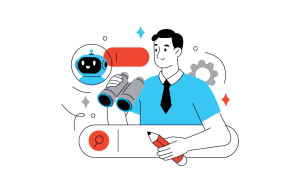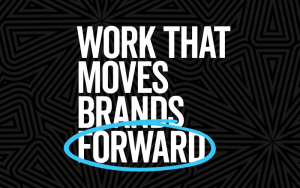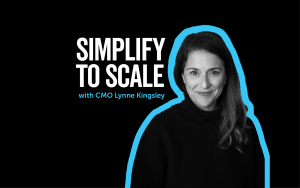Summary: Artificial Intelligence Optimization (AIO) is the practice of using AI tools to create, enhance, and structure content for both human readers and AI-driven platforms like ChatGPT. In 2025, AIO is essential to not only rank in traditional search engines but also to get sourced in AI-generated answers. It ensures your content answers user questions clearly, ranks higher, and appears in summaries from the AI tools now powering how people discover information.
Your SEO playbook just got smarter. Literally.
If your marketing team still thinks SEO is just about sprinkling in keywords and praying to the Google gods, it’s time to gather the troops and rewrite the rules. Welcome to 2025, where AIO is the new MVP of your content strategy.
So, what is AIO, and why should your marketing team care? Let’s break it down.
What Is AIO?
AIO stands for Artificial Intelligence Optimization, and no—it’s not your Roomba’s new workout plan.
By now, most marketers know they can apply AI technologies (like ChatGPT or Claude) to do what humans do…but faster, better, and with fewer coffee breaks. Think of it as a tag-team effort: your human team brings the creativity and brand voice, and AI handles the grunt work—data analysis, keyword strategy, meta descriptions, headline tweaks, and yes, even writing the first draft.
But AIO isn’t just about using AI to make content. It’s also about optimizing content—both AI-generated and human-written—so that it will be sourced for AI-generated answers and snippets, as well as rank higher in SEO.
You know when you ask ChatGPT something like “What’s the best CRM for franchisees?” and it responds with a few links and summaries? That’s the sweet spot. Getting your content into those summaries is the new ranking goldmine. Welcome to the world of Artificial Intelligence Content Optimization.
Why Is AIO So Important in 2025?
Because AI in marketing isn’t just helping us find answers—it’s becoming the answer.
More and more users are skipping traditional search engines altogether and going straight to AI-powered tools like Google Gemini and—you guessed it—ChatGPT. Why scroll through 10 blue links when you can get a personalized summary in under five seconds?
And it’s not just casual searches that are attracting these extra eyeballs. According to recent data, certain websites—especially in tech, research, and academia—are getting more traffic from ChatGPT than from Google. That’s not a trend. That’s a tectonic shift.
Even more eye-opening: When users enable AI tools to search the internet, their intent changes. Instead of “best marketing agencies near me,” users are asking, “What should I look for in a top marketing agency?” That’s a big difference. It’s no longer about the headlines—your content now needs to answer questions clearly, quickly, and confidently.
That’s called informational intent—the new way to look for content—and it’s where your content has to shine. But using AI in marketing goes deeper than that. When the ability to search the internet was turned on in AI queries (using ChatGPT search), navigational traffic sending users to websites increased dramatically.
It’s changing the game. AI tools aren’t just pulling info from websites—they’re referring users to them.
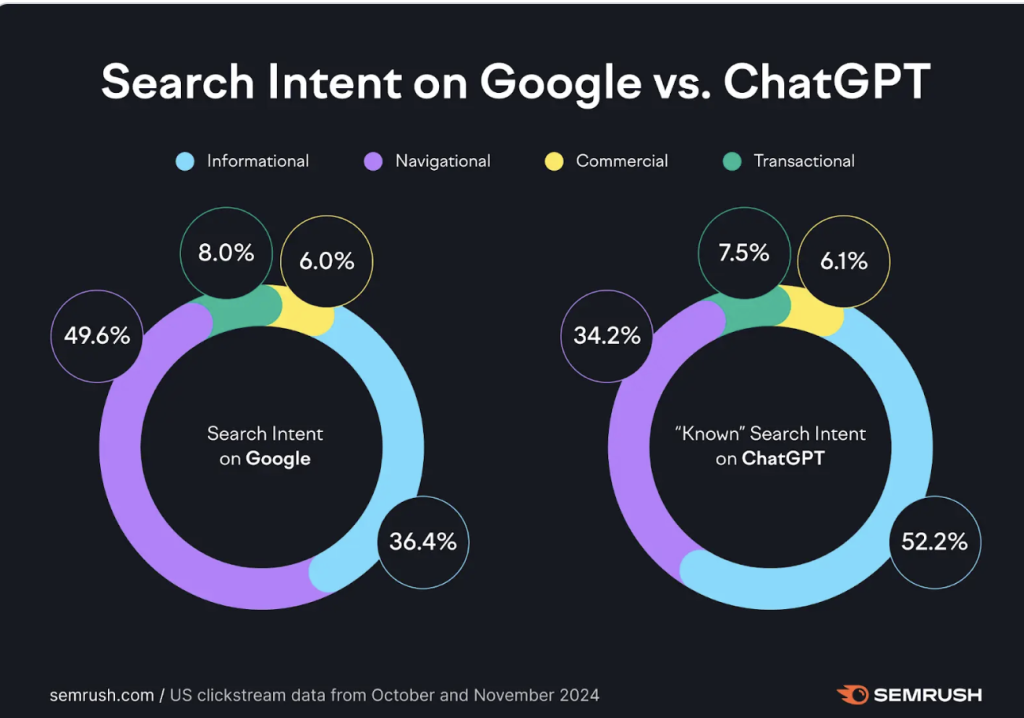
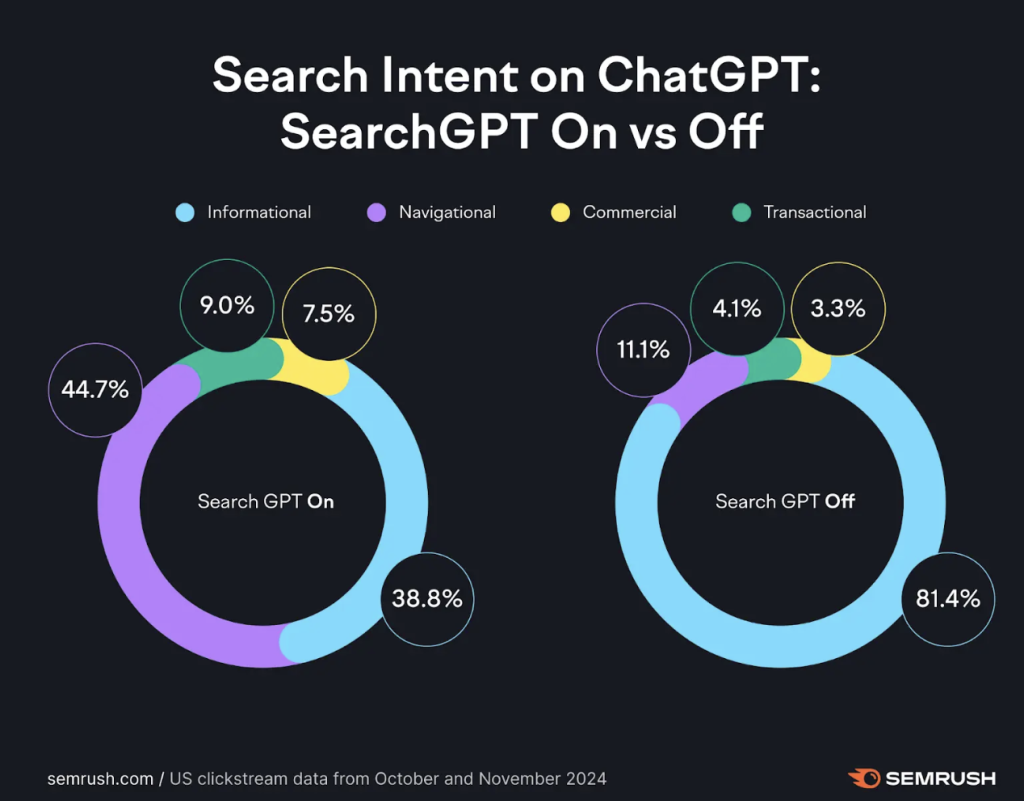
Related: The Future of Organic Search: AI Takes Center Stage (But Still Needs Humans)
The Two Sides of AIO
Let’s look at what’s going on here. AIO has two main use cases:
1. Using AI to Optimize Content
Here’s where tools like ChatGPT and other LLMs (large language models) come into play. Your marketing team can:
- Generate blogs, product descriptions, and social posts.
- Identify keywords and related search queries.
- Rewrite headlines and meta descriptions for better performance.
- Improve readability and structure for skimmers and bots alike.
- Identify gaps and opportunities for SEO and readability.
- Apply structured data and improve content formatting.
Pro tip: Use prompts from this killer Ironmark webinar on AI in marketing to squeeze even more juice from your AI tools.
2. Optimizing Content for AI Answers
This is the overlooked gem of AIO. If your content doesn’t show up in AI-generated summaries, it might as well be buried on page 11 of a search result—except LLMs don’t even have 11 pages. They pull from the top, and fast.
To fix that, start thinking like a chatbot. Answer questions clearly and succinctly. Use structured formatting (like bullet points, subheads, and FAQs). Include stats, definitions, and source links; be authoritative (EEAT still applies—Experience, Expertise, Authority, Trust). Use keywords naturally, but with a question-answer format in mind. And make sure that key content shows up early since many AI systems have timeouts for retrieving content. You want to ensure they find you fast! At the same time, don’t neglect your human voice. If your brand voice gets washed out, you’ll blend in with the sea of AI-generated content instead of standing out.
You’re not just writing to rank anymore—you’re writing to teach. Because AI loves content that answers things. That’s Artificial Intelligence optimization (AIO)—SEO’s sibling, but with new rules.
Tools of the Trade
Here’s your 2025 AIO toolbox:
- ChatGPT, Claude, Gemini: For content generation and brainstorming.
- ContentShake (Semrush): For SEO-focused AI content enhancement.
- Semrush Position Tracking: See how your keywords rank in AI tools like ChatGPT.
- GA4: Check Session Sources to see if AI tools are sending traffic your way.
Oh, and don’t forget your robots.txt file. Make sure it’s configured to let AI crawlers (the good ones) in the door.
Ethical and Functional Best Practices
Using Artificial Intelligence optimization in your content strategy? Smart. Being sloppy about it? Dangerous.
- Disclose: Cite AI usage where appropriate.
- Avoid Plagiarism: Always proofread and fact-check.
- Attribute Sources: Include any sources that AI may reference.
- Maintain Voice and Brand: Avoid the dreaded “sea of sameness” (thanks, Wil Reynolds).
- Test Before You Codify: Not all content types respond the same to AIO.
And above all, remember this: AIO content should inform, not impersonate.
Related: The Ethical Implications of ChatGPT: Addressing Bias and Privacy Concerns
Optimizing for AI Answers: Pro Tips
Want to be the source ChatGPT picks when a user asks informational questions like, “What’s AIO and why should I care?” Do this:
- Answer Questions Early: Lead with the answer in your content.
- Simplify: Use clear headings and structured formatting.
- Prioritize: Keep important content high in the HTML hierarchy.
- Optimize Metadata: For clarity and relevance.
- Focus on Quality: Much better than keyword stuffing.
- Optimize Old Content Too: Your blog from 2022 might be a goldmine if it’s updated to answer AI queries.
- Track What Content Gets Referenced by AI: Use analytics and tools like ChatGPT with browsing enabled to find out if your content is being surfaced. If not—adjust.
Also, short-form answers win. AI tools often prioritize content that’s quick to scan and easy to parse—bullet points, summaries, FAQs, and clear definitions reign supreme.
Bonus: How AI Picks Sources
When an AI like ChatGPT answers a query, it pulls from:
- Its training data (updated regularly)
- Live browsing (if enabled and allowed)
- Indexed sources (like Bing, for OpenAI tools)
What helps your site get chosen?
- Domain authority
- Content clarity
- Trust indicators
- Proper structure and markup
- You guessed it: AIO
The AIO Bottom Line
SEO has welcomed AIO as its sibling—similar DNA, different strengths—and content marketing is going along for the ride. If your team’s still writing only for search engines instead of answer engines, you’re leaving traffic—and brand authority—on the table.
Artificial Intelligence optimization is here, and it’s changing everything from how we write to how we rank. Whether you’re generating content, refreshing old blogs, or optimizing for AI-powered discovery, your marketing team needs to lean into Artificial Intelligence optimization now—not later.
So, ask better questions, write smarter answers, and watch as your content makes it to the top of the page—and the top of the heap!

